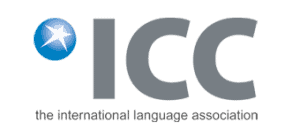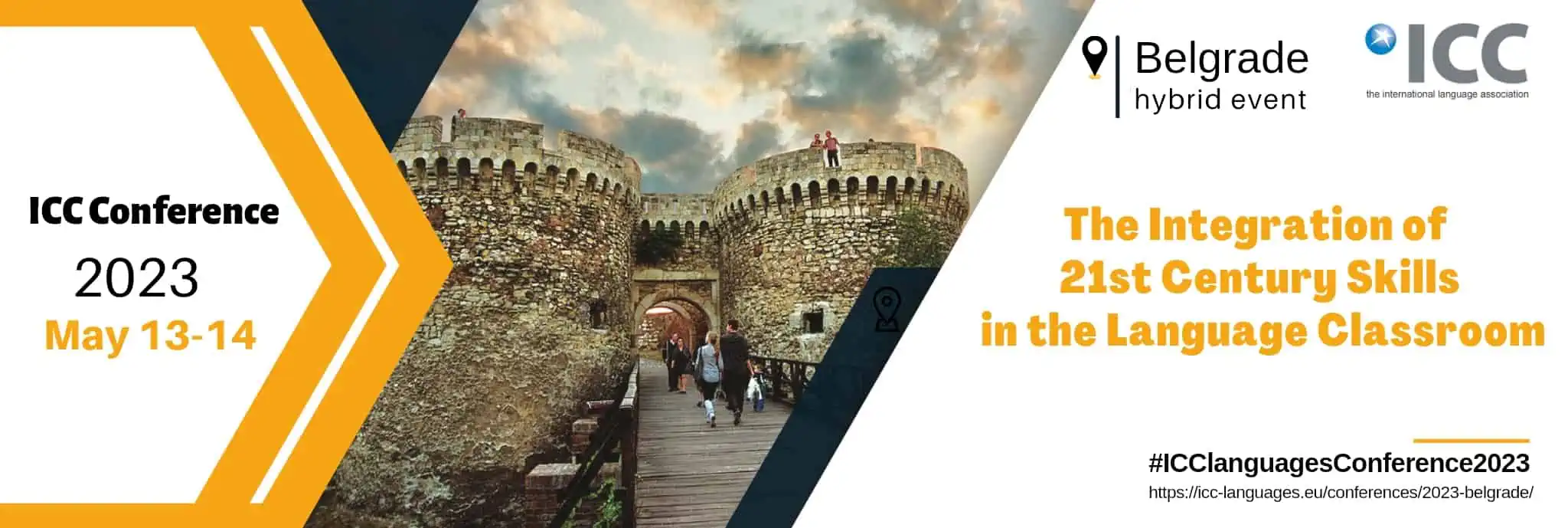The Template EU Project: Teachers’ Reflections and Attitudes about a Webinar-Based Training Experience on Plurilingual Language Learning and Teaching
Carmen Notari Montoyo (Spain) & Anita Cvetkovic Kienle (Germany)
Abstract
The Globalization process has pointed out plurilingualism as a fundamental dimension in primary and secondary education nowadays (Piccardo, 2018). Moreover, the digitalization of the teaching and learning context has resulted in a reconceptualization of teaching practices (Redecker, 2017). TEMPLATE, which stands for Technology-Mediated PLurilingual Activities for (language) Teacher Education, is a European project whose main goal is to offer professional development in the line of Plurilingualism, CLIL (Content and Language Integrated Content), and Technology to pre-service and in-service CLIL and FL (Foreign Language) teachers.
After two years of research, teacher training, classroom observation, and the creation of educational material in primary and secondary schools in five different countries, TEMPLATE achieved its last stage where a series of three webinars were created in order to show pre-service and in-service teachers’ best practices of Telecollaboration and VE (Virtual Exchange), CLIL and FL classes through technology in a Plurilingual context.
The webinars, which are the focus of this presentation, dealt with three different topics: Telecollaboration and VE, CALL (Computer Assisted Language Learning), and CLIL for plurilingual practices. The sessions hosted a total of fifteen primary and secondary school teachers from five different European countries. Our contribution analyses and discusses teachers’ answers to a questionnaire distributed after the three training webinars. We look into teachers’ opinions regarding the webinars’ content and their reflections on their current and future teaching practices. Finally, pedagogical implications will be addressed.
References:
Gutiérrez, B.F., Glimäng, M.R., O’Dowd, R., & Sauro, S. (2021). Mentoring handbook for virtual exchange teachers. Strategies to help students achieve successful synchronous and asynchronous online intercultural communication. Stevens Initiative.
https://www.stevensinitiative.org/resource/mentoring-handbook-for-virtual-exchange-teachers/.
O’Dowd, R., & Waire, P. (2009). Critical issues in telecollaborative task design. Computer Assisted Language Learning.
O’Dowd, R. (2021). Virtual exchange: moving forward into the next decade. Computer Assisted Language Learning.
Piccardo, E. (2013). Plurilingualism and curriculum design: Toward a synergic vision. TESOL Quarterly, 47(3), 600-614. https://doi.org/10.1002/tesq.110
Piccardo, E. (2018). Plurilingualism: Vision, conceptualization, and practices. Handbook of research and practice in heritage language education, 207, 225.
Redecker, C. (2017). European framework for the digital competence of educators: DigCompEdu (No. JRC107466). Joint Research Centre (Seville site).
Bio
Carmen Notari Montoyo is an associate teacher, linguistic advisor and teacher trainer at Universitat Jaume I (Spain). She has a Masters’ Degree in English Language Teaching and Acquisition in Multilingual Contexts (MELACOM) and is a PhD student from the same university. She has been an ESL teacher for eighteen years at secondary and tertiary education. For the last seven years, she has been in charge of the design of the CertACLES exams and examiners’ training at Universitat Jaume I. She is a member of the TEMPLATE EU project at Universitat Jaume I. She is also a member of the Educational Innovation Group for English Teaching, GIEDA, and the research group GRAPE (Group for Research on Academic and Professional English). Her research interests are related to EMI teaching and CLIL.
cnotari@uji.es
Anita Cvetkovic Kienle is a research associate in the TEMPLATE EU project at the University of Education Schwäbisch Gmünd (Germany) and a PhD student at the Universitat Jaume I (Castellón, Spain). She has been teaching EFL and ESP in different European countries for over 10 years. Her academic work mostly focuses on the role of technology in language learning and teaching with telecollaboration. She is currently working as an ESP teacher at the Frankfurt University of Applied Sciences in Frankfurt (Germany).
anita.cvetkovic@ph-gmuend.de

